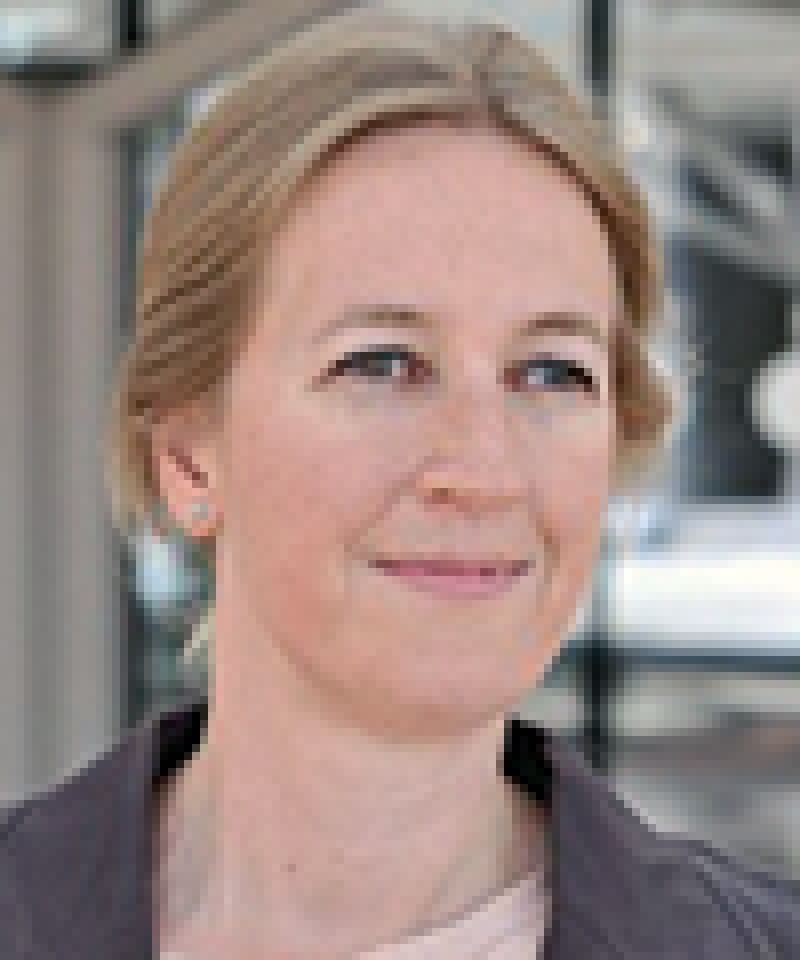
|

|

|
||
André Claes |
David McNeil |
Sarah Drye |
The evolution of the global tax environment is forcing international tax functions to consider new and innovative ways of effective management. Deloitte recently conducted a survey of more than 50 Swiss groups (http://goo.gl/1znlvd) related to how they manage their tax affairs, specifically addressing the impact of the OECD's Base Erosion and Profit Sharing (BEPS) project on tax management.
The majority of respondents expect BEPS to increase their compliance burden (79%) and their time spent on audit (68%). The interest from other stakeholders has also increased, with many respondents (55%) having been asked to justify their tax strategy within the previous 12 months.
Despite the increase in efforts required, the majority of respondents (69%) did not expect headcount to increase as a result of BEPS. As such, the tax function will need to transform its operating methodology to meet these new challenges.
Successfully navigating the new global tax environment is expected to affect the competencies required within the tax function. Our survey also highlighted two areas where development could be undertaken to enhance the capabilities of the tax function: enhanced use of technology solutions and involving shared service centres to a greater extent in tax processes.
The competencies required in managing tax are evolving
Our 2016 survey showed that in terms of valued competencies in the management of the tax function, strong communication and project management skills as well as broad finance and accounting skills have gained in importance compared to our previous survey. This reflects the increasing need to be able to analyse and articulate the impact of tax risks and tax strategic decisions to the wide stakeholder group the tax function currently has. These are skills that are expected to increase in importance as the impact of BEPS and related transparency initiatives are felt.
Technology solutions
Tax technology tools and integrated tax data systems still remain underused in Switzerland, with only a minority of respondents having a central data store for group-wide tax information (31%) or using bespoke or off-the-shelf tax technology solutions to calculate direct tax positions (33%). Given the preference for decentralisation in Swiss organisations, technology solutions (including integrated data systems or tax-specific technology tools) can be an excellent compromise between obtaining control and oversight while retaining responsibilities locally.
Shared service centres
While the majority of respondents had a shared service centre in their organisation (70%), few used it to support direct tax compliance (17%) or transfer pricing activities (23%). Many organisations successfully operate these tax processes from shared service centres, which should not be overlooked as a potential tool in future tax function transformation.
Based on the results of our survey and the rapidly changing environment, we expect Swiss tax functions to undergo a rapid transformation over the next 12 to 36 months to meet the new demands and challenges placed upon it. These are exciting times!
André Claes (anclaes@deloitte.ch); David McNeil (damcneil@deloitte.ch); and Sarah Drye (sdrye@deloitte.ch)
Deloitte Switzerland
Tel: + 32 2 600 66 70 and +41 58 279 8193
Website: www2.deloitte.com/ch/en.html









